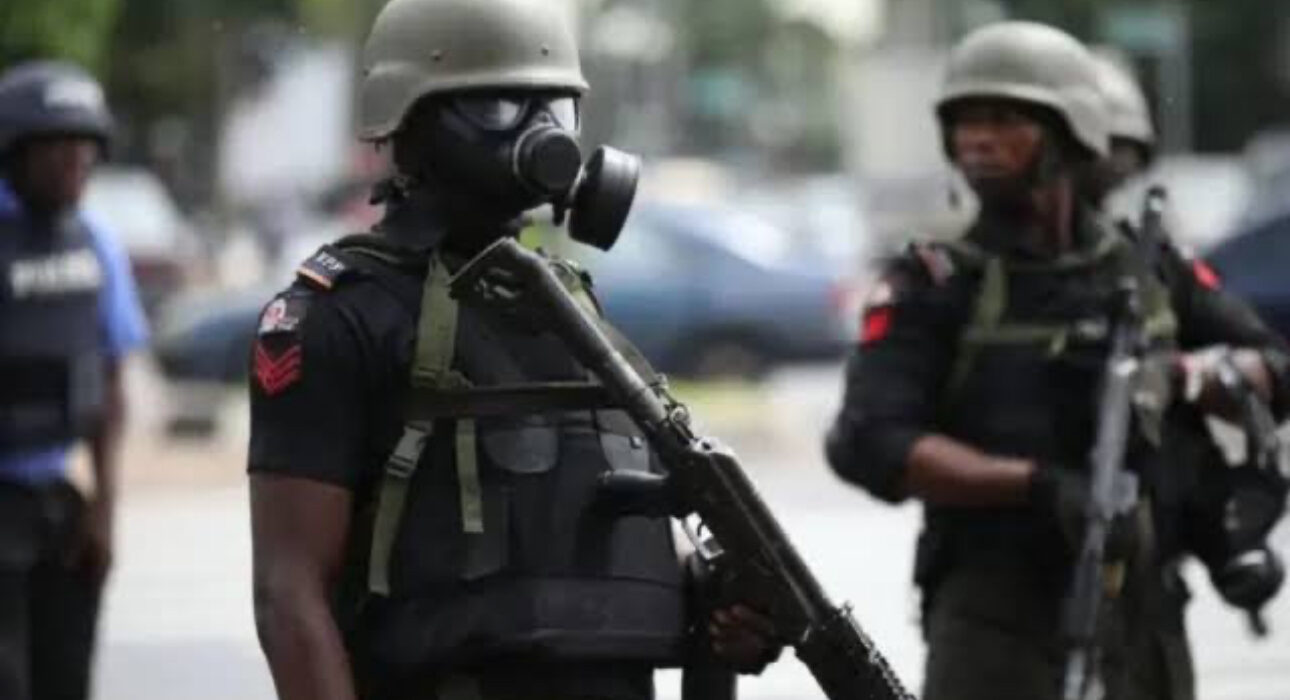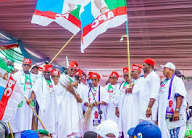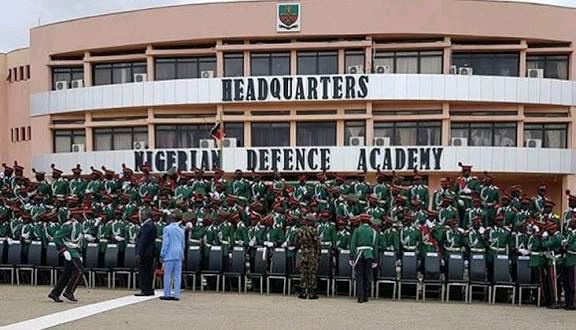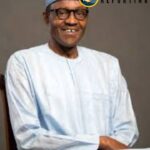Nwanguma Accuses Nigeria Police of Orchestrating Propaganda War Through Phantom Support Groups

Human rights advocate and Executive Director of the Rule of Law and Accountability Advocacy Centre (RULAAC), Okechukwu Nwanguma, has leveled serious allegations against the Nigeria Police Force, accusing it of orchestrating a deliberate propaganda campaign using fake support groups to suppress dissent, manipulate public opinion, and silence independent voices.
In a sharply worded opinion article published by Sahara Reporters, Nwanguma stated that the police leadership, particularly through the office of the Force Public Relations Officer, CSP Muyiwa Adejobi, has resorted to creating phantom organisations with no identifiable structure or membership, posing as community or ethnic-based advocacy groups.
These groups, he claimed, are designed to publish statements in the media defending the Inspector-General of Police, Kayode Egbetokun, and attacking critics, journalists, and organisations who raise concerns about abuse of power, corruption, and misconduct within the police force.
He cited recent examples where such questionable groups suddenly emerged to offer praise to the police leadership or issue personal attacks against media platforms like Sahara Reporters, which have exposed uncomfortable truths about the force.
Nwanguma argued that this tactic is not new but has now taken a more aggressive and dangerous form, aiming to drown out real voices of accountability by fabricating consent and public support. In his words, “When these ghost groups emerge from nowhere to praise the police or vilify critics, it is not public support—it is propaganda dressed up as civic endorsement.”
He noted that the apparent intention is to create the illusion of legitimacy around actions that many Nigerians have publicly condemned, especially relating to unlawful detentions, abuse of office, and failure to reform the police institution from within.
The article did not stop at exposing the existence of these phantom groups. Nwanguma went further to highlight specific instances of targeted attacks against journalists and human rights defenders who have spoken out against police abuses.
He accused the police of using misinformation and state power to harass dissenters rather than confront its internal decay. According to him, the most disturbing part of this development is not just the spread of disinformation but the coordinated efforts to weaponise it against those working to hold the system accountable. He warned that this trend signals a broader war on truth and civic space in Nigeria, where public institutions, instead of upholding transparency and justice, are actively engaged in manufacturing false narratives to protect themselves from scrutiny.
In particular, Nwanguma called attention to the use of these fake support groups to influence public sentiment, discredit genuine watchdog organisations, and justify actions that violate rights and suppress legitimate criticism.
He accused the Nigeria Police of being more concerned with sanitising its image through artificial influence than genuinely addressing the widespread issues of brutality, extortion, and corruption that continue to plague its ranks. He also condemned the practice of detaining journalists without due process, framing critics as enemies of the state, and intimidating civil society actors who speak out against abuses.
Concluding his article, Nwanguma called on civil society organisations, media houses, and the general public to remain alert and resist being deceived by fabricated praise or orchestrated support for those in power. He urged the leadership of the Nigeria Police to abandon the path of deception and instead embrace meaningful reform, accountability, and respect for the rule of law. He insisted that only through transparency and sincere commitment to change can public trust be restored.
According to him, “The police must not be allowed to defeat truth with lies. A nation cannot grow where propaganda replaces justice and deception replaces reform.” His commentary underscores the growing concerns about how state institutions in Nigeria are being used to undermine democracy, manipulate public discourse, and shield authority from necessary scrutiny.









